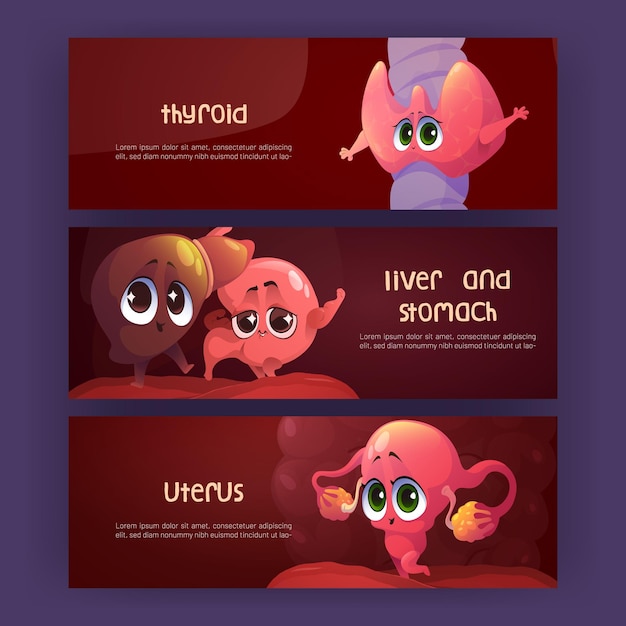Discovering Fascinating Facts about the Endocrine System

The endocrine system is like the body’s own communication network.
The pituitary gland, often called the master gland, regulates the other endocrine glands.
Hormones produced by the endocrine system help control mood and emotions.
The thyroid gland plays a vital role in regulating metabolism.
The endocrine system is responsible for growth and development.
The pineal gland produces melatonin, which helps regulate sleep patterns.
The adrenal glands produce adrenaline, the hormone that triggers the fight or flight response.
The pancreas produces insulin, which helps regulate blood sugar levels.
The parathyroid glands regulate calcium levels in the body.
The endocrine system is influenced by external factors such as stress and environmental pollutants.
The endocrine system works closely with the nervous system to maintain overall body balance.
The thymus gland plays a crucial role in the development of the immune system.
The endocrine system communicates through chemical messengers called hormones.
Hormones can have a profound impact on behavior and mood.
The ovaries and testes are part of the endocrine system, playing a vital role in reproduction.
The endocrine system controls the body’s response to stress.
The hormone oxytocin is responsible for feelings of love and bonding.
The endocrine system helps regulate body temperature.
The growth hormone is produced by the pituitary gland and influences bone and muscle growth.
Discovering Fascinating Facts about the Endocrine System part 2
The parathyroid hormone helps maintain the balance of calcium and phosphorus in the body.
Thyroid hormones regulate metabolism, body heat production, and heart rate.
The adrenal glands play a role in regulating blood pressure.
The endocrine system can be negatively impacted by thyroid disorders, such as hypothyroidism or hyperthyroidism.
The menstrual cycle is regulated by hormones produced by the endocrine system.
Hormones can affect appetite and weight management.
The endocrine system can be influenced by certain medications and drugs.
The hormone testosterone is responsible for secondary sexual characteristics in males.
The pituitary gland releases growth hormone during sleep, which is crucial for children’s growth.
Cortisol, produced by the adrenal glands, helps the body respond to stress.
The endocrine system plays a role in regulating fluid and electrolyte balance.
Hormones can impact hair growth and loss.
The release of hormones can be affected by circadian rhythms.
The hormone prolactin is responsible for milk production in nursing mothers.
The endocrine system is involved in the development of sexual characteristics during puberty.
Dopamine, a hormone and neurotransmitter, is linked to feelings of pleasure and reward.
The endocrine system can affect fertility and reproductive health.
Hormones can impact bone density and the risk of developing osteoporosis.
The adrenal glands help regulate the body’s response to inflammation.
The hormone vasopressin helps regulate water balance in the body.
The endocrine system can be affected by autoimmune disorders, such as Hashimoto’s disease or Addison’s disease.
Insulin resistance is a condition where the body’s cells become less responsive to insulin, leading to high blood sugar levels.
Estrogen and progesterone, produced by the ovaries, regulate the menstrual cycle.
The hormone leptin helps regulate appetite and body weight.
The endocrine system can be impacted by certain cancers, such as thyroid cancer or adrenal tumors.
The release of hormones can be influenced by physical activity and exercise.

